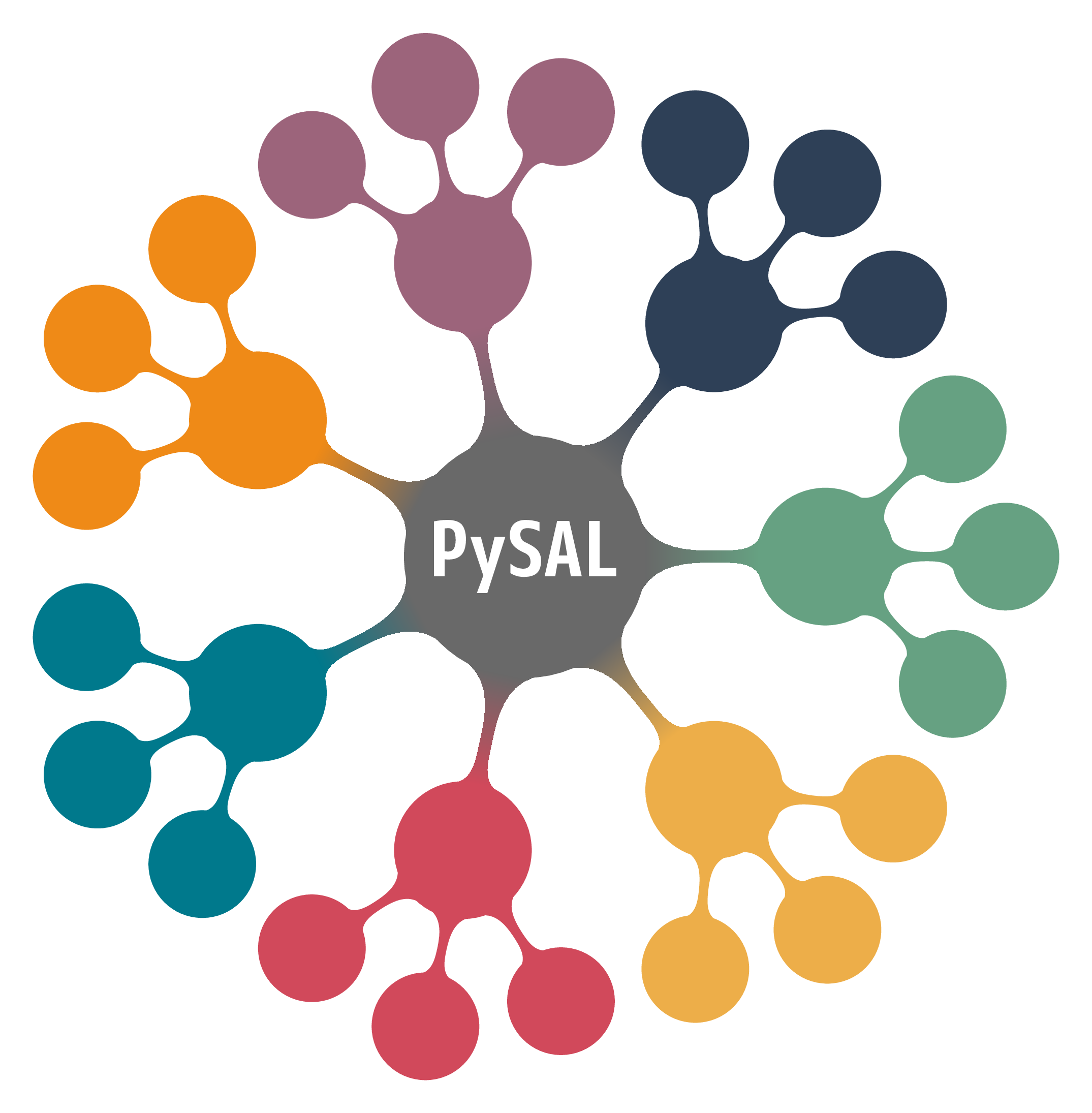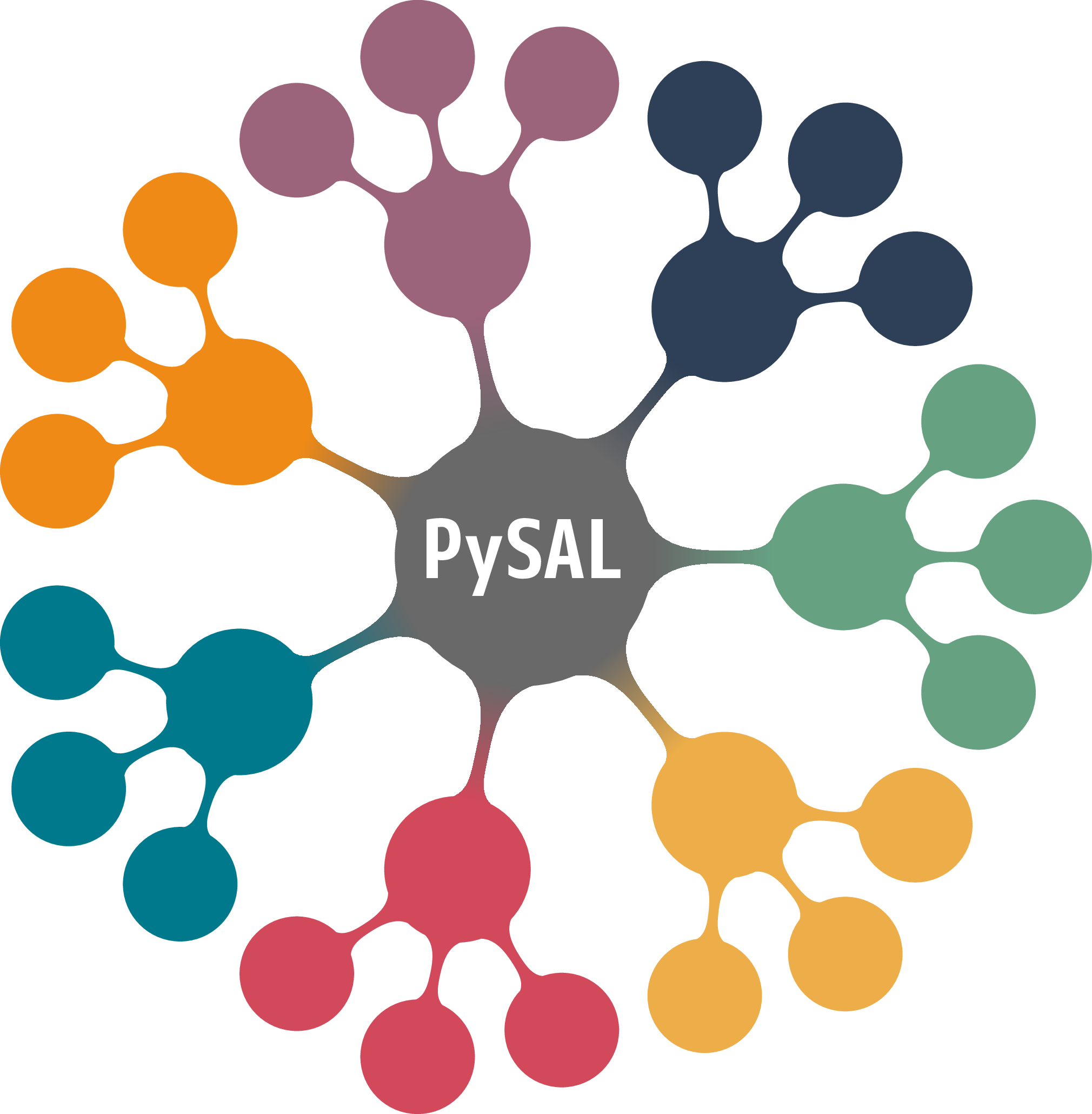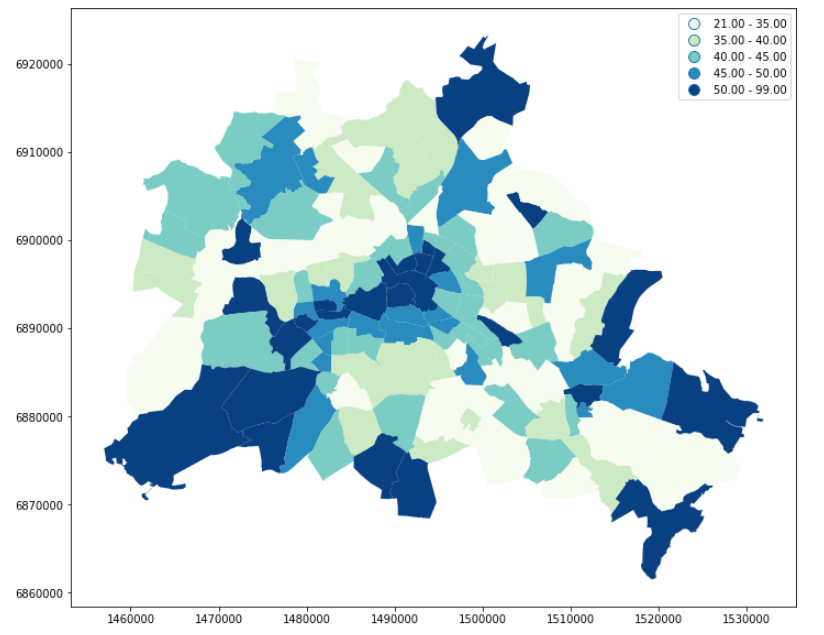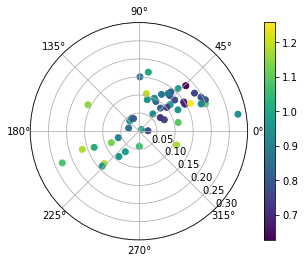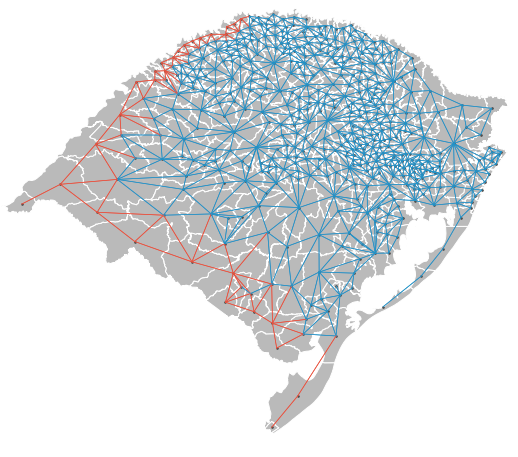PySAL: Python Spatial Analysis Library#
PySAL is an open source cross-platform library for geospatial data science with an emphasis on geospatial vector data written in Python.
PySAL supports the development of high level applications for spatial analysis, such as
detection of spatial clusters, hot-spots, and outliers
construction of graphs from spatial data
spatial regression and statistical modeling on geographically embedded networks
spatial econometrics
exploratory spatio-temporal data analysis
PySAL Components#
explore - modules to conduct exploratory analysis of spatial and spatio-temporal data, including statistical testing on points, networks, and polygonal lattices. Also includes methods for spatial inequality, distributional dynamics, and segregation.
viz - visualize patterns in spatial data to detect clusters, outliers, and hot-spots.
model - model spatial relationships in data with a variety of linear, generalized-linear, generalized-additive, and nonlinear models.
lib - solve a wide variety of computational geometry problems:
graph construction from polygonal lattices, lines, and points.
construction and interactive editing of spatial weights matrices & graphs
computation of alpha shapes, spatial indices, and spatial-topological relationships
reading and writing of sparse graph data, as well as pure python readers of spatial vector data.
Details are available in the PySAL api.
For background information see [AR14, CRKW19, FBG+22, Fle19, FYK17, GRL21, LABC+20, RHK+20, Rey14, Rey19, RA07, RAA+22, RCK21, RArribasBelW23, SKA+21, WKR19, YFL+19].
Development#
As of version 2.0.0, PySAL is now a collection of affiliated geographic data science packages. Changes to the code for any of the subpackages should be directed at the respective upstream repositories and not made here. Infrastructural changes for the meta-package, like those for tooling, building the package, and code standards, will be considered.
PySAL development is hosted on github.
Discussions of development occurs on the developer list as well as discord.
Getting Involved#
If you are interested in contributing to PySAL please see our development guidelines.
Bug reports#
To search for or report bugs, please see PySAL’s issues.
Citing PySAL#
If you use PySAL in a scientific publication, we would appreciate citations to the following paper:
PySAL: A Python Library of Spatial Analytical Methods, Rey, S.J. and L. Anselin, Review of Regional Studies 37, 5-27 2007.
Bibtex entry:
@Article{pysal2007, author={Rey, Sergio J. and Anselin, Luc}, title={{PySAL: A Python Library of Spatial Analytical Methods}}, journal={The Review of Regional Studies}, year=2007, volume={37}, number={1}, pages={5-27}, keywords={Open Source; Software; Spatial} }
License information#
See the file “LICENSE.txt” for information on the history of this software, terms & conditions for usage, and a DISCLAIMER OF ALL WARRANTIES.
